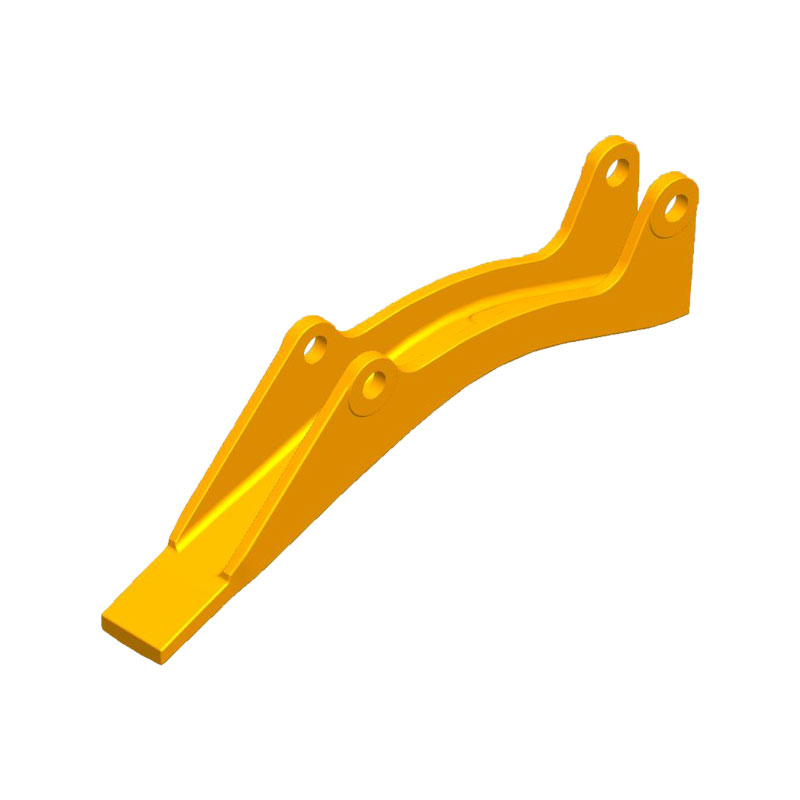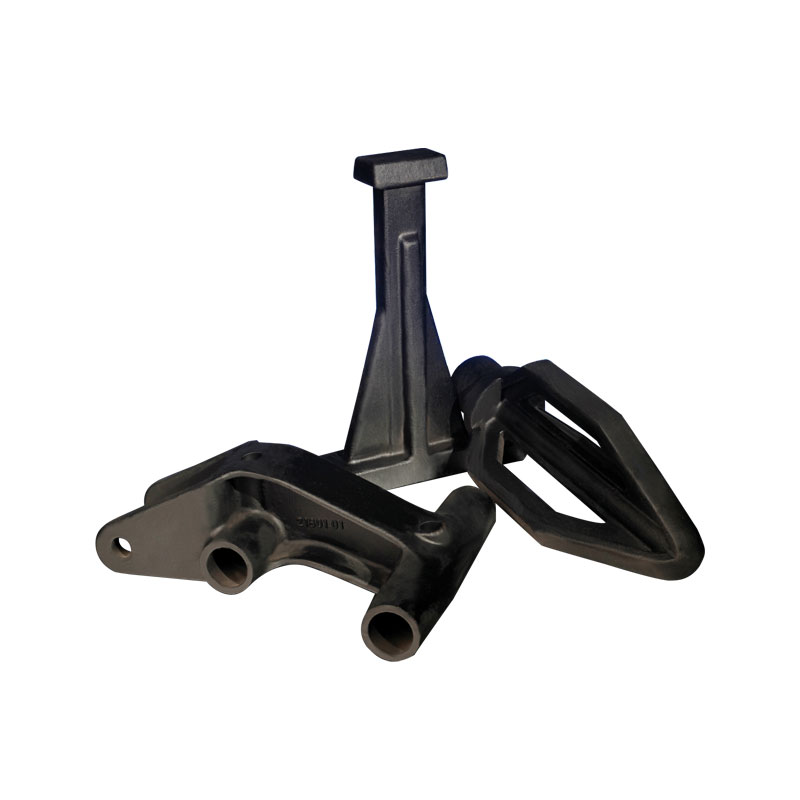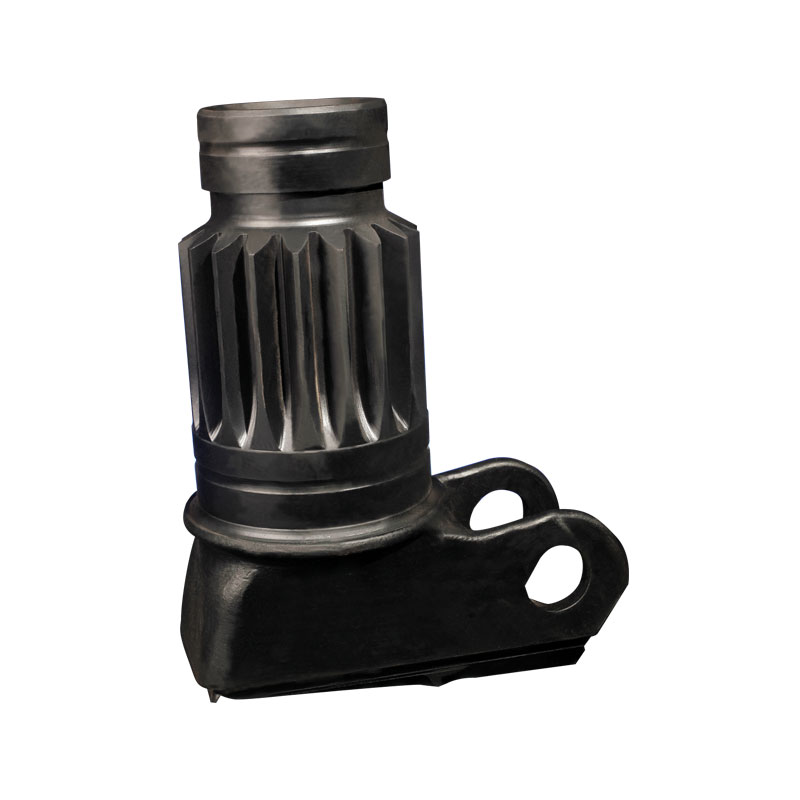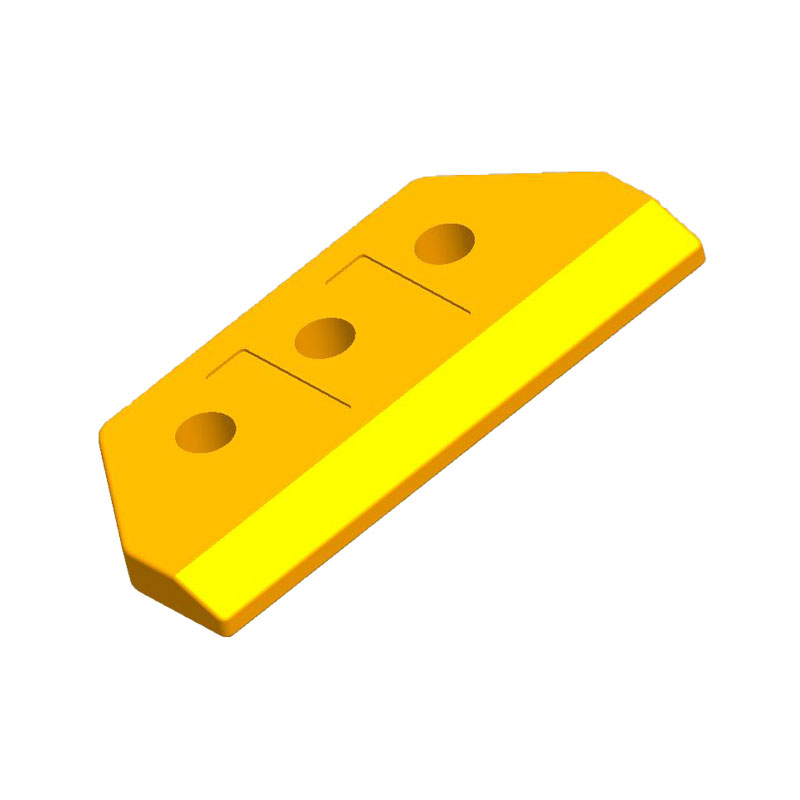If you have bucket teeth, you have probably wondered […]
If you have bucket teeth, you have probably wondered how they fit in your mouth. Fortunately, there are several ways to tell if they fit. The first thing you need to do is look at the shape of the top of the tooth. These tend to be rounded, so they fit into the concave counterspace of an adapter. To find out if your teeth will fit, take measurements and compare them to the listing. If they match, you have the right product.
A sharp excavator tooth is critical to the productivity and safety of the machine. It also reduces the amount of material that is pushed through it, which can reduce fuel consumption. Choosing the right bucket teeth for your particular application is also important, as the design will affect the bucket's performance and application. Some manufacturers, however, cut corners on quality in order to meet the demands of wholesalers. Poor-quality cast steel will lead to a poor fit, and the short heat treatment process will yield a lower level of hardness and abrasion resistance.
Another important consideration is the material of the teeth. Forged bucket teeth are more durable than their conventional counterparts, as they are made from hardened steel. This material provides higher tensile strength and abrasion resistance than standard ductile iron bucket teeth. Aside from this, forged bucket teeth are incredibly heavy. A bucket with forged teeth is ideal for excavating applications. They are especially effective in removing hard materials.
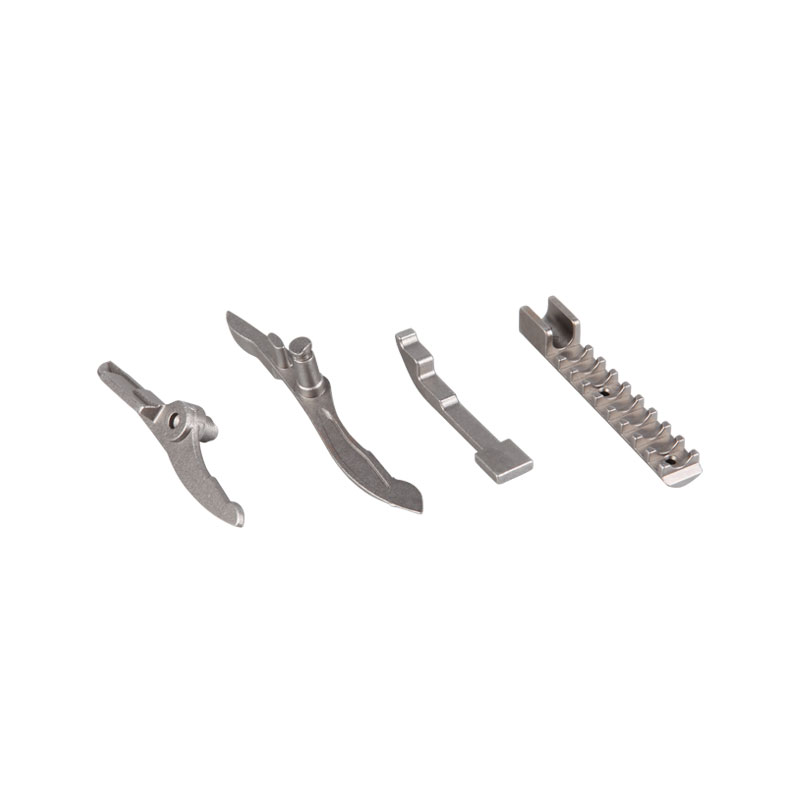
Forged bucket teeth are stronger than those made of cast teeth, due to the forging process. These teeth do not contain the defects that can occur during the casting process. However, forged bucket teeth do have a higher initial tooling cost, but the tooling cost is one-time only, so it's cheaper in the long run. So, if you need to replace your bucket teeth frequently, consider forged teeth. The benefits of forging are many, but most importantly, you'll get better bucket teeth than ever before.
To replace your old teeth, you can choose from a variety of aftermarket Bucket teeth. Hendrix makes a quality aftermarket Bucket tooth that accepts 4EP flex pins. If you want a less expensive alternative, consider the CAT J-Series system. Its weld-on adapters have superior retention. If you don't want to invest in new bucket teeth, you can choose a used one.
The bucket shells are made of high-quality AR steel. The most common grades are AR360 and AR400. This steel is heat treated and gives the bucket its high strength and good abrasion resistance. The molybdenum also increases the material's hardness. These are two essential aspects of an excavator bucket. And, of course, they are the most important part of any bucket. If they're not good enough, your bucket is no good.
